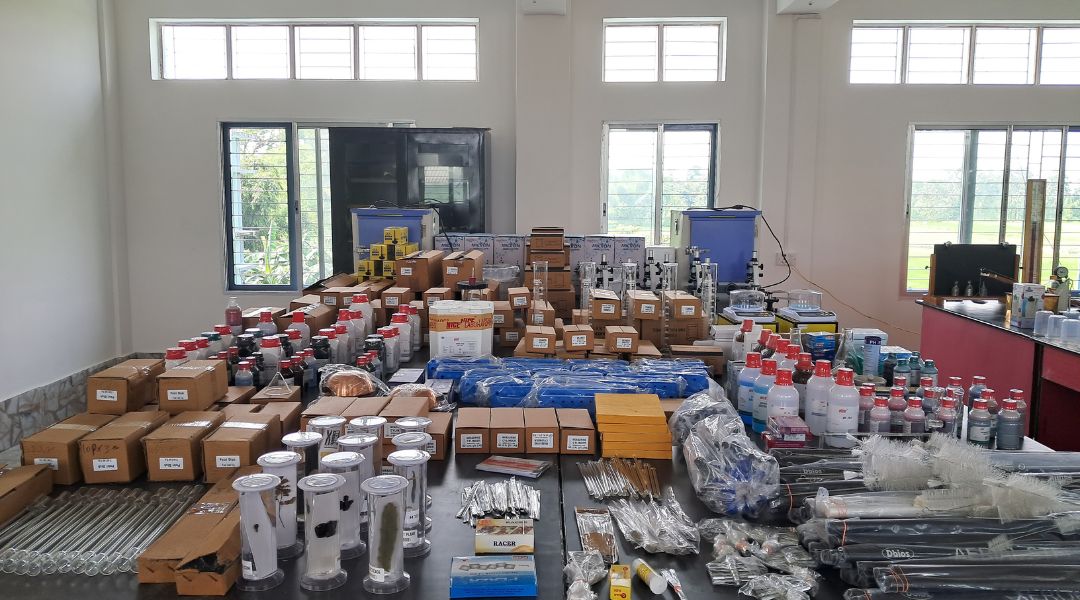-
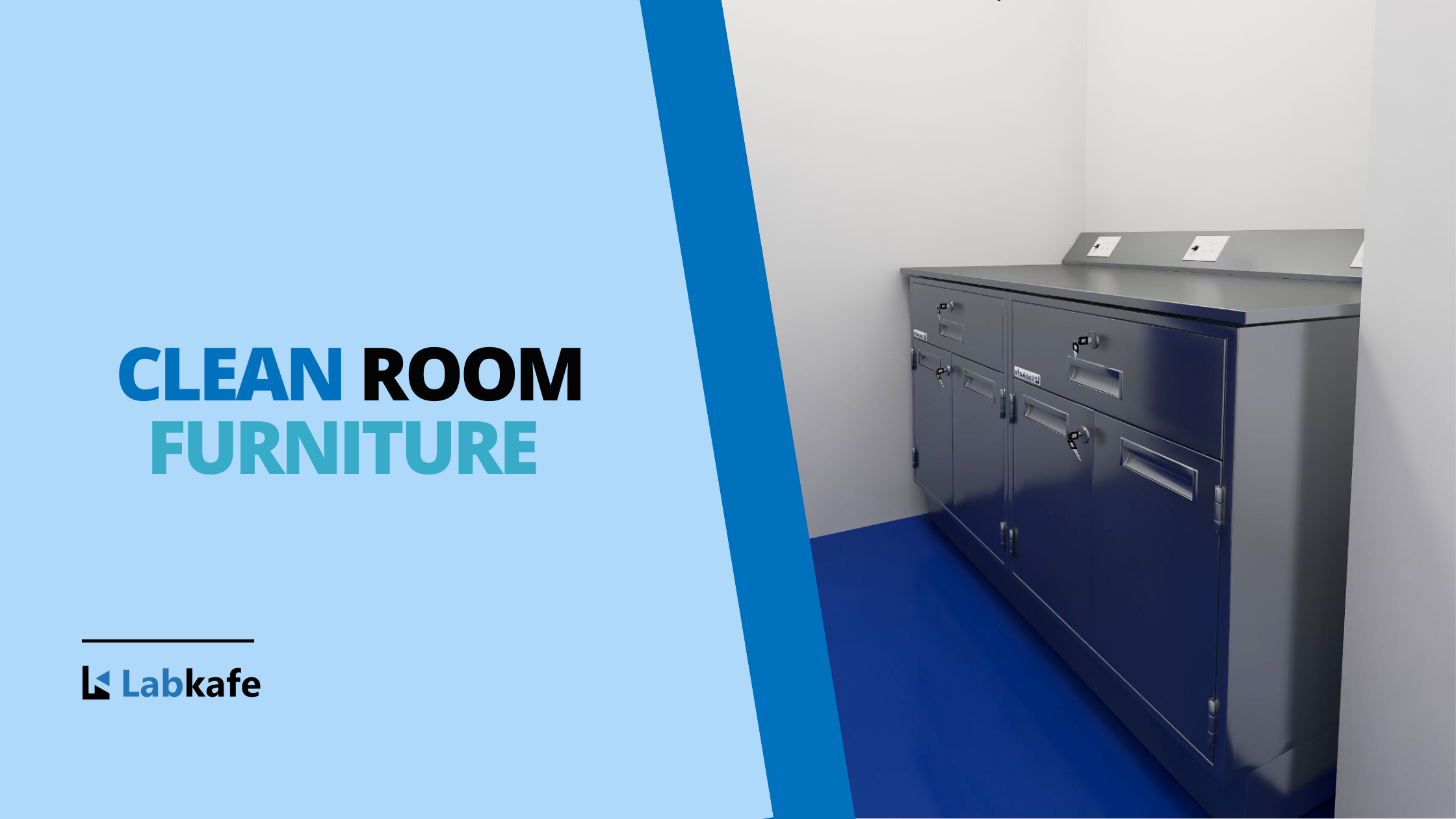
Clean Room Furniture Manufacturer in India
Table of Contents At Labkafe, every project begins with a small factor – a great science experiment starts with a great space. And clean room furniture is the silent backbone of innovation in research and healthcare. Moreover, that belief recently took a new dimension when Labkafe established partnerships with renowned national institutions and surgical facilities…
-
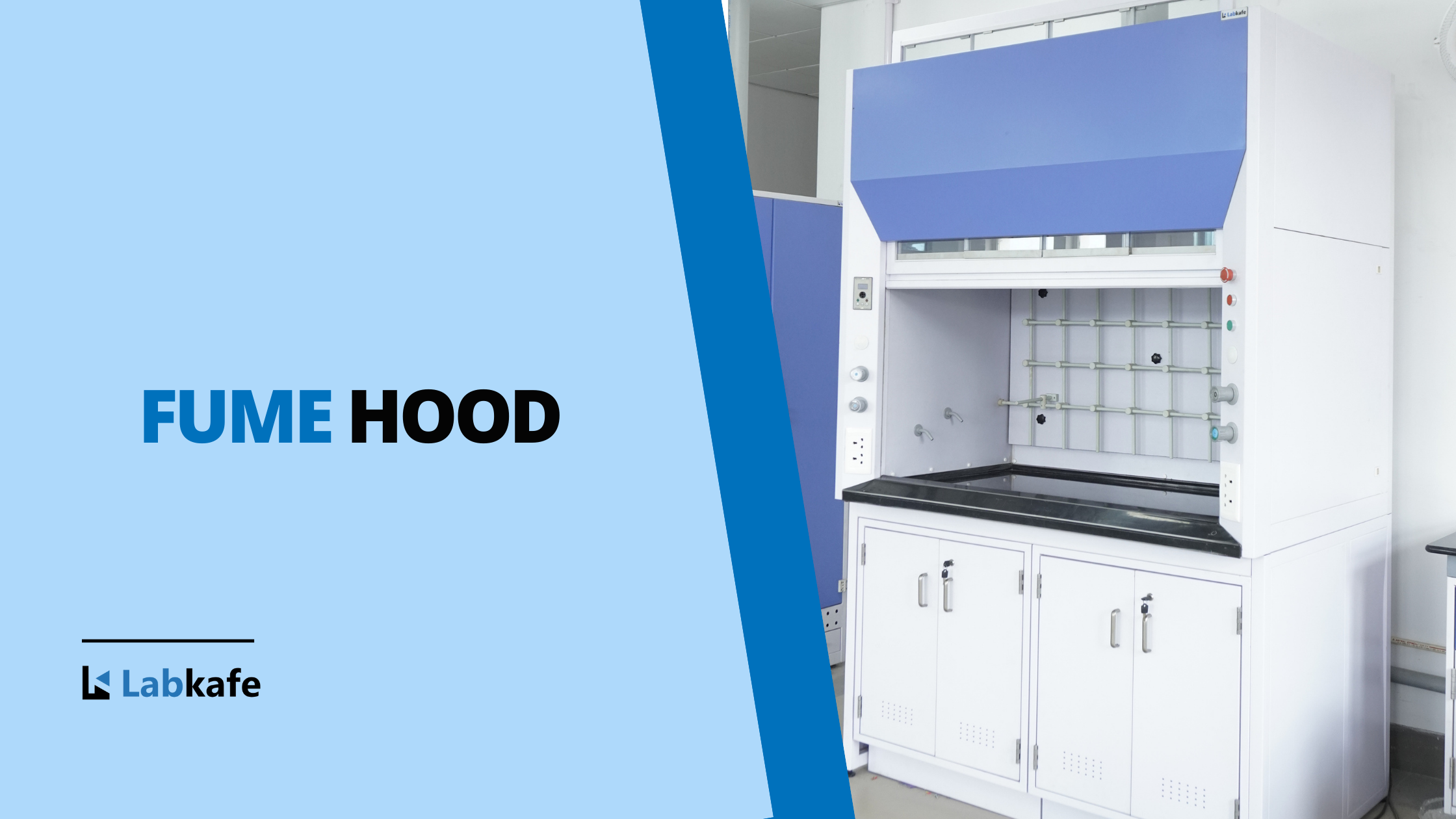
Top 10 Safety Tips for Using a Fume Cabinet in a School
Table of Contents The school laboratory environment plays a vital role in shaping students’ scientific concepts and practical skills. However, the safety of the labs will remain the highest priority. A Fume Cabinet is designed to protect users from heavy, hazardous fumes, vapours, and harmful particles. Inhaling intoxicated fumes is undesirable, considering the many health…
-
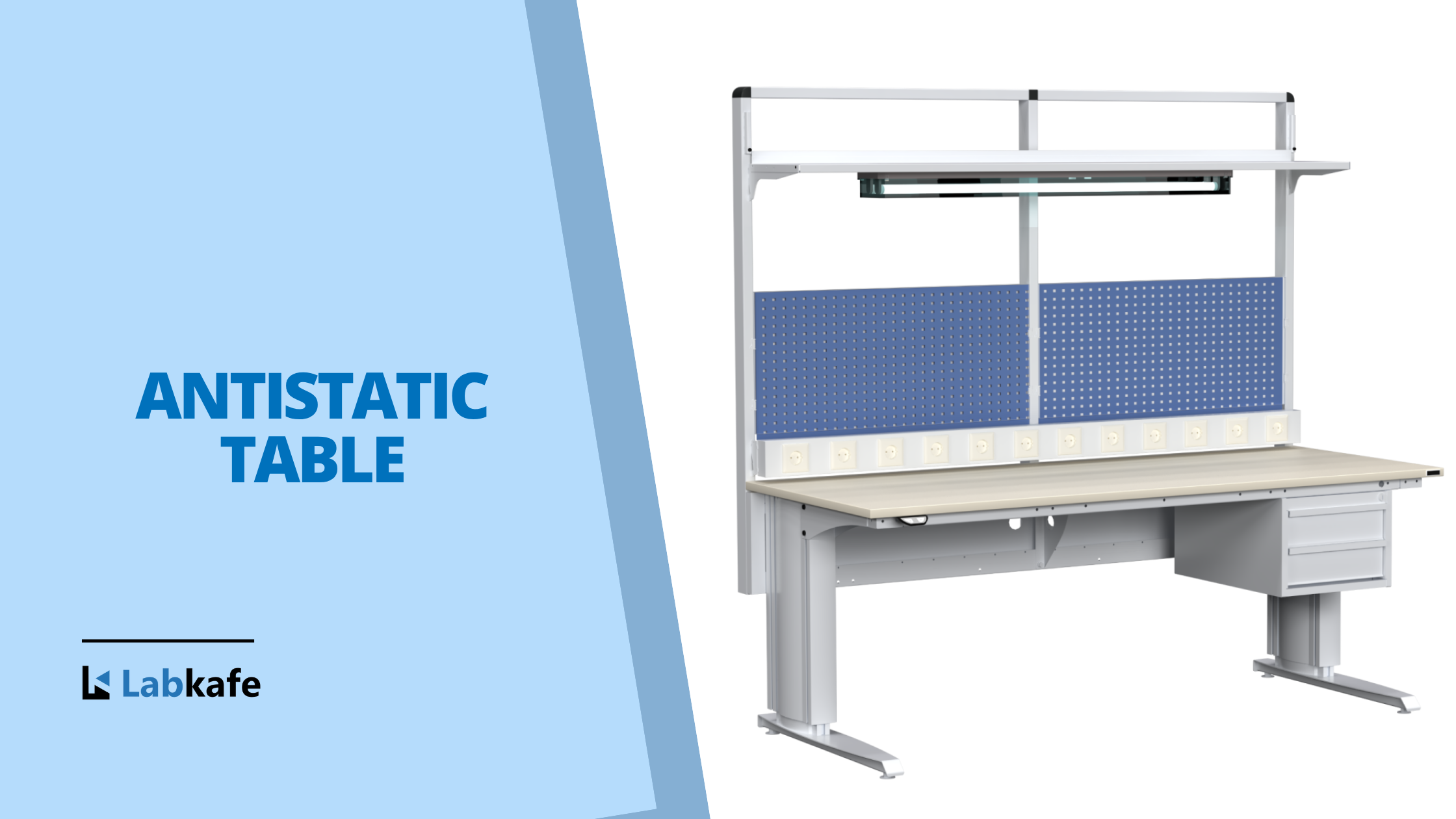
What is an Antistatic table? Complete Guide for Modern Labs
Table of Contents In modern modular Labs, maintaining precision and accuracy in specific experiments with equipment safety is highly essential. One of the most overlooked yet vital components of electronics lab furniture is the Antistatic Table. The motionless table is primarily designed to prevent electrostatic discharge (ESD) from damaging sensitive electronic components. These tables are…
-
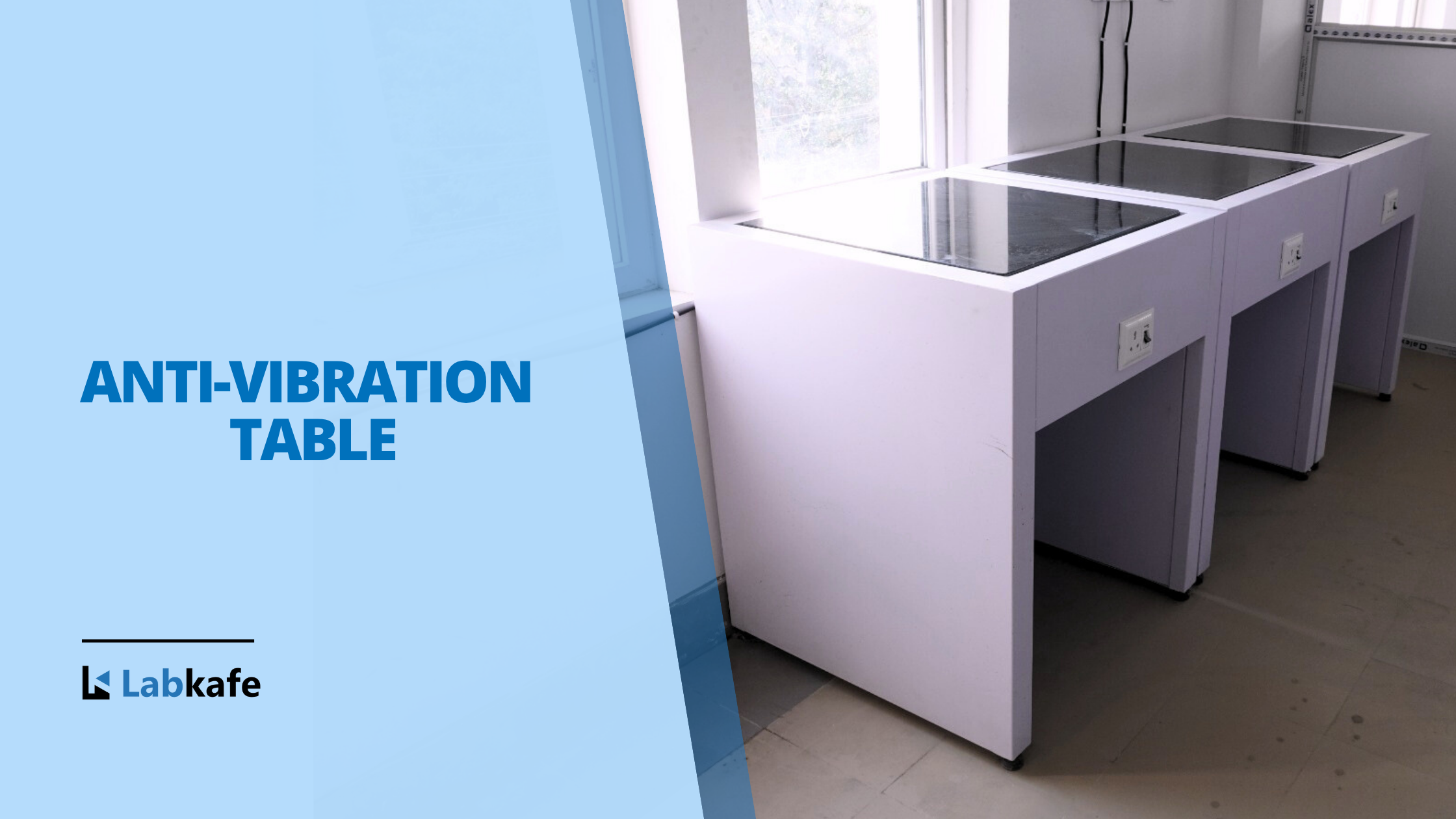
Anti-Vibration Table: Application in Modern Labs
Table of contents At the age of modern labs, where accuracy refines the true meaning of innovation. Even the finest vibration or structural movement can create a huge disturbance in an experiment. That’s where we need an anti-vibration table to avoid measurement fluctuations, inaccurate readings, or inconsistent data. To address these challenges, Labkafe introduces the…
-
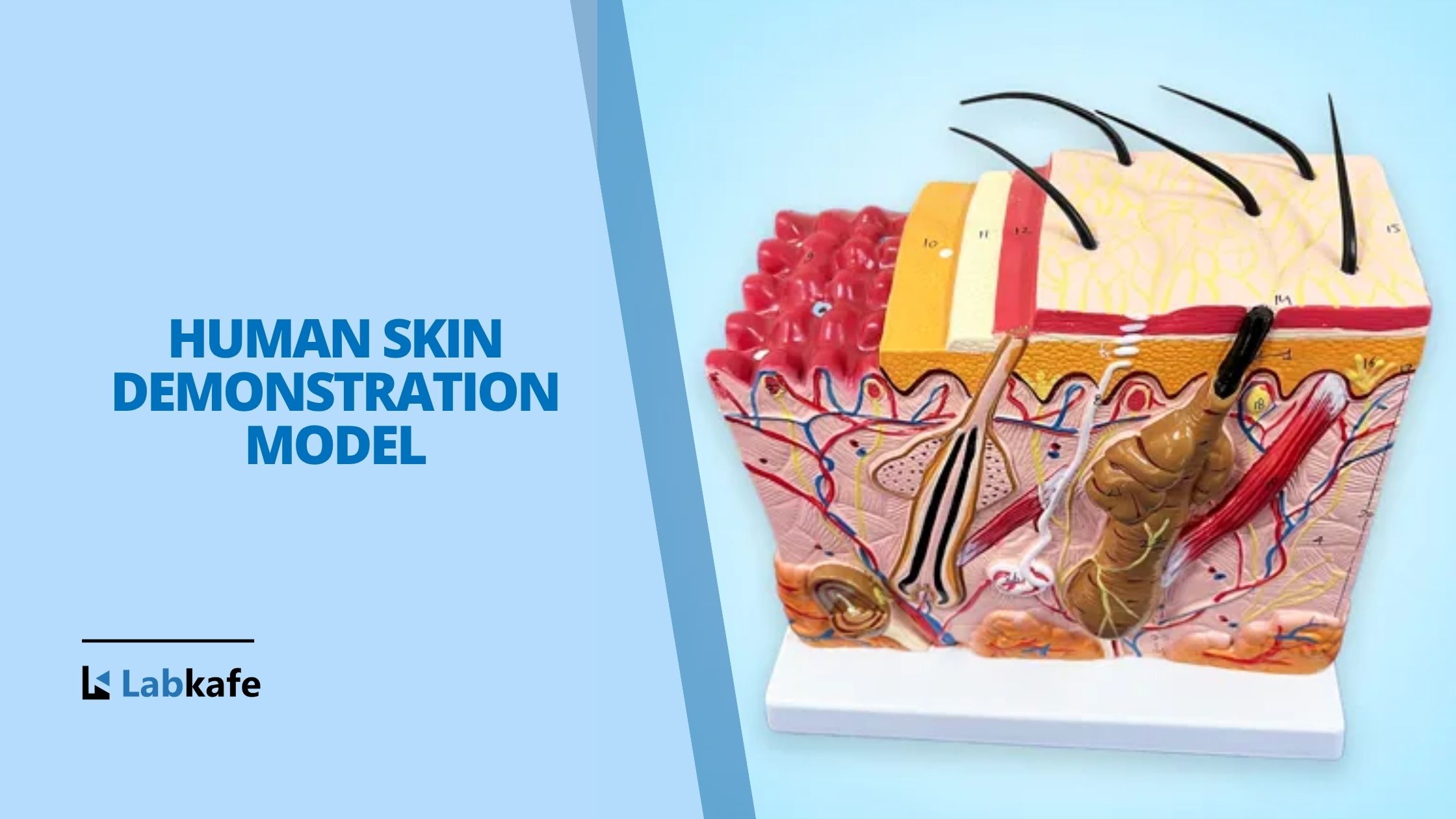
Understanding Human Skin: Discover layers with Labkafe’s Skin Model
Table of contents Introduction The skin is a complex, multi-layered, and the largest organ in the body, covering the external surface of the human body. It plays a crucial role in regulation, sensory, and defense. There are three layers of the human skin model that have different anatomical and structural functions. Understanding the anatomical structure…
-
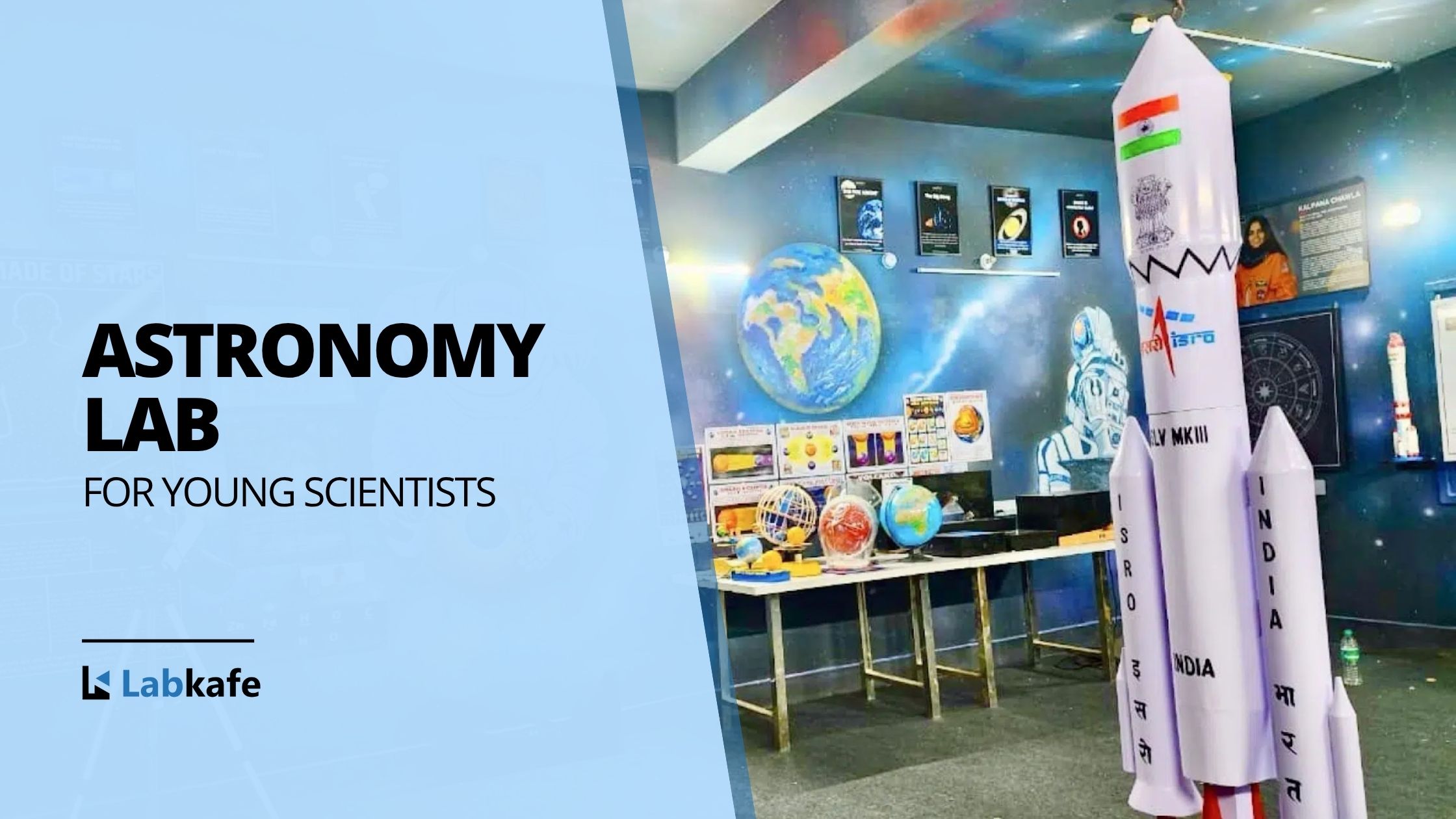
Astronomy Lab: Exploring the stars with young scientists
Table of Contents Imagine a classroom full of students teaching about the outer space in an Astronomy lab, replacing textbooks with telescopes to study galaxies, constellations, and celestial bodies. In this era, where science serves as the gateway to the future for many young astronomers, the mysteries of heavenly bodies, astronaut rockets, and constellations are…
-
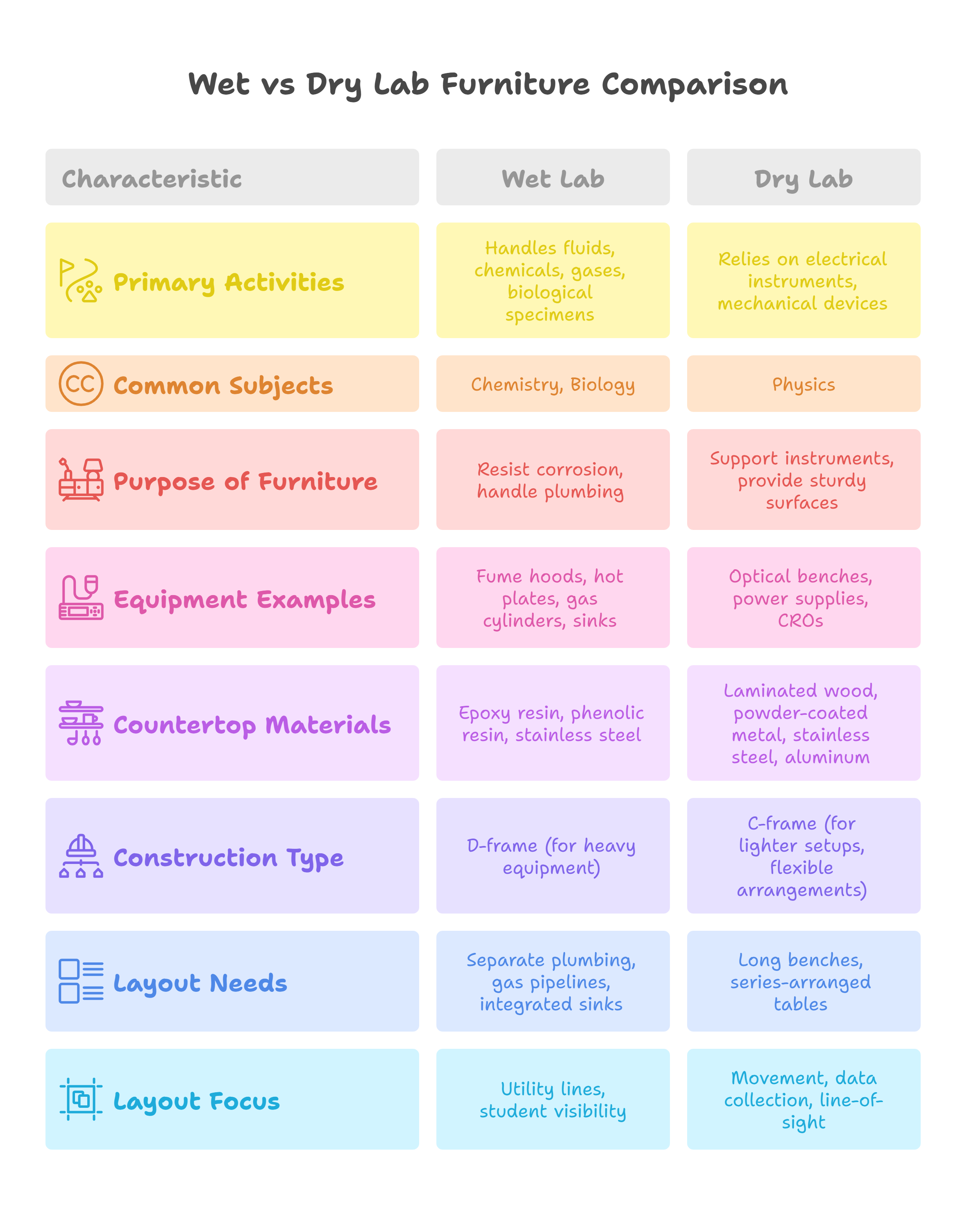
Wet vs Dry Lab Furniture in Schools: Chemistry vs Physics Lab
Schools must carefully consider the type of laboratory furniture when designing labs. The requirements for wet and dry lab furniture are significantly different because the nature of experiments, equipment, and safety considerations vary widely across subjects. Let’s explore how wet vs dry lab furniture differs, especially in the school setting. Understanding Wet vs Dry Labs…
-
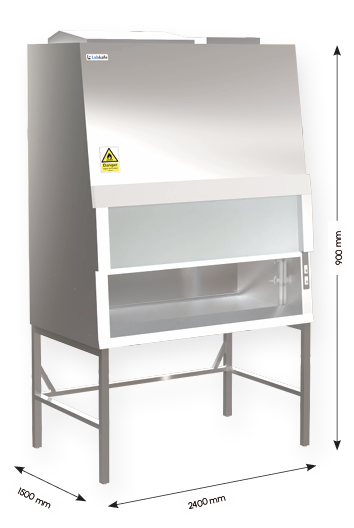
What is a Biological Safety Cabinet?
Biological safety cabinets are used in laboratories to prevent the spread of infectious agents or aerosols that may be released while handling infected or virulent samples. They filter a portion of the air using HEPA filters and recirculate clean air back into the lab. These cabinets also direct a HEPA-filtered airflow onto the sample, keeping…
-
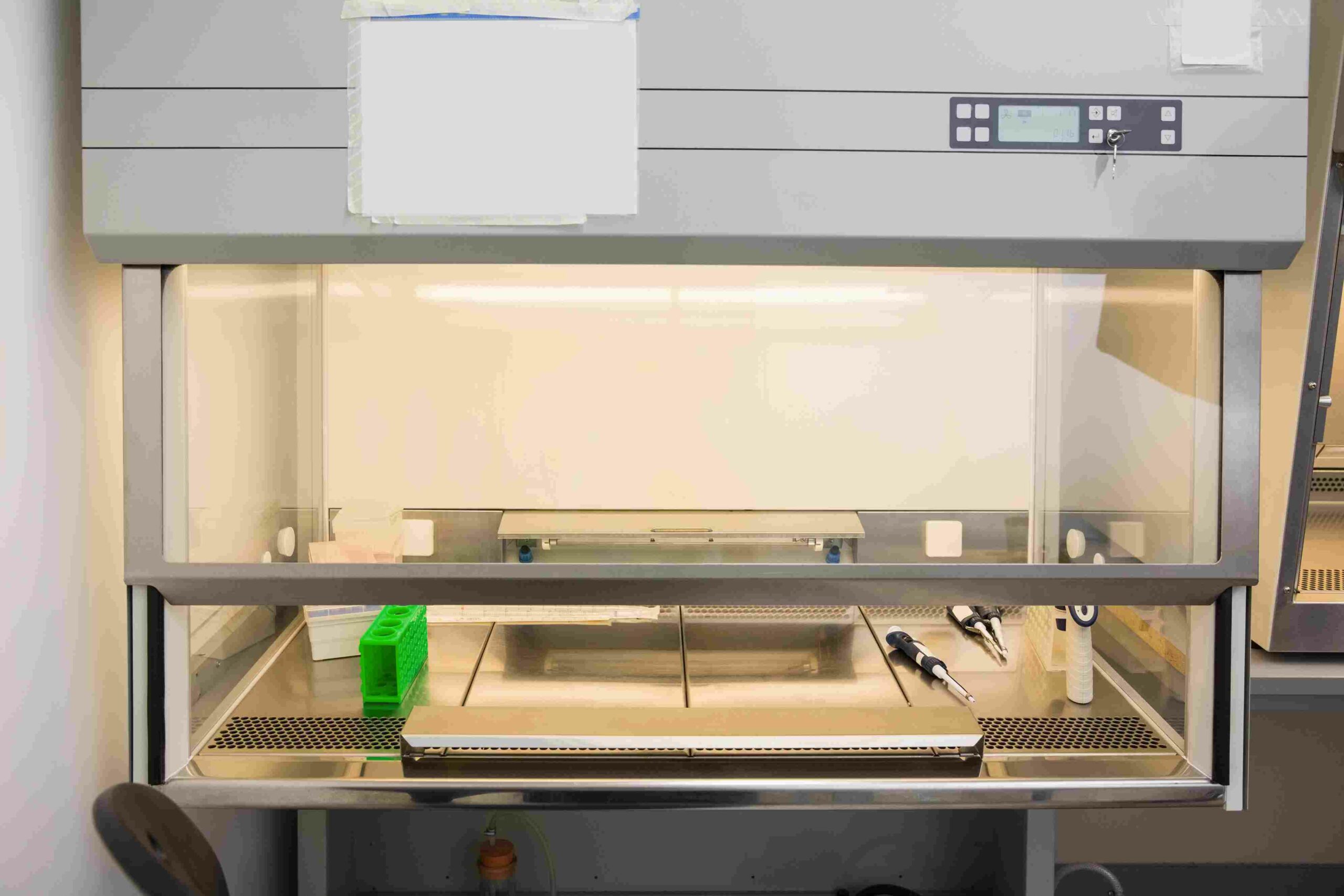
How to Use a Biological Safety Cabinet: 5 Step Guide
A biological safety cabinet (BSC) is critical for protecting personnel, products, and the environment from airborne contaminants. Proper operation is paramount to prevent sample contamination, maintain culture integrity, and ensure the long-term effectiveness of the BSC itself. How to Use a Biological Safety Cabinet? Biological safety cabinets (BSCs) need to be operated in a certain…
-
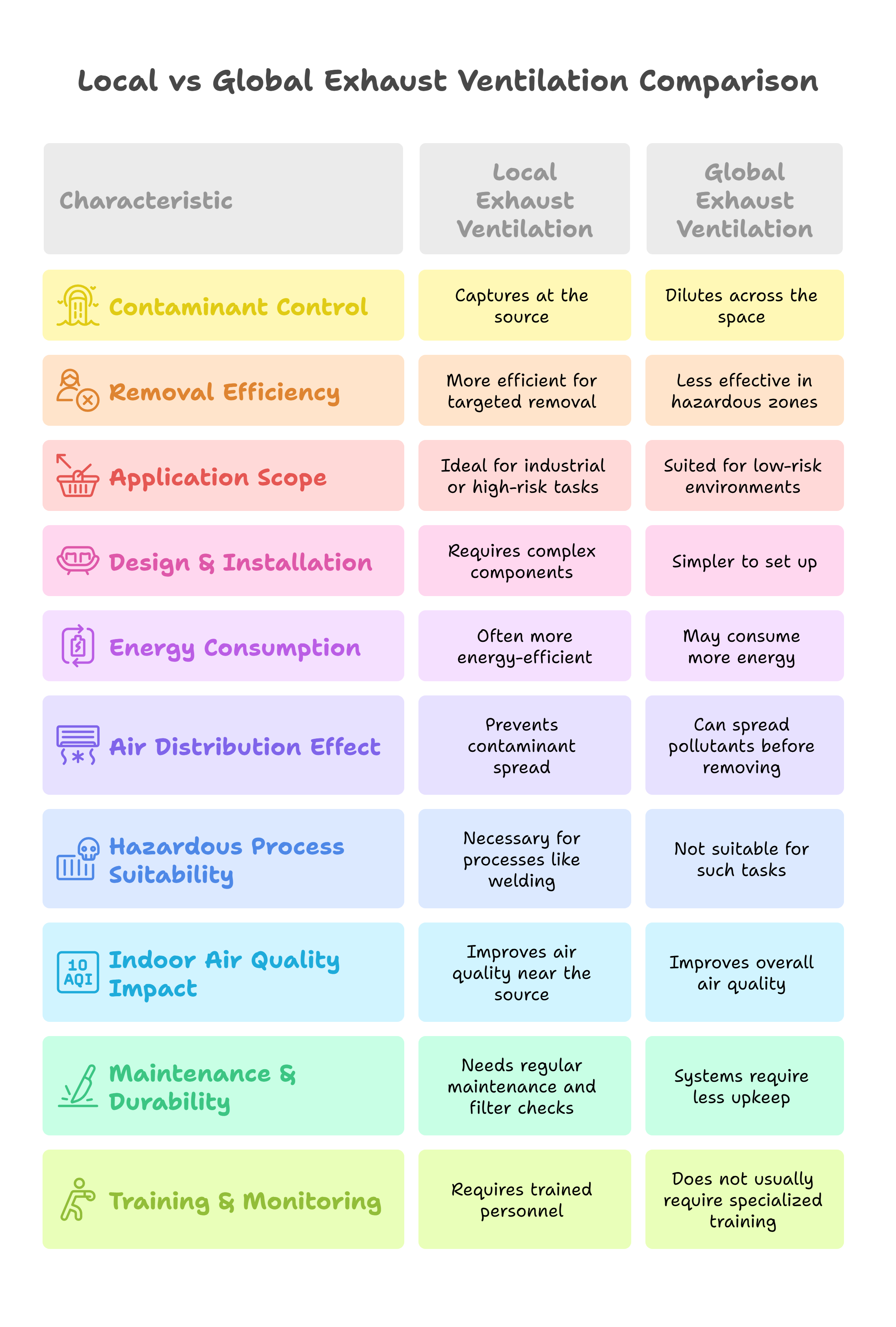
Local Exhaust Ventilation vs General Ventilation: 10-Point Comparison
Why Optimum Air Quality in Workspaces is Not Optional Local exhaust ventilation vs general ventilation: Poor indoor air quality is a serious problem in many workplaces. From welding fumes to dust, smoke, vapors, and other airborne contaminants, workers are constantly exposed to hazards that may not be visible but can cause long-term health damage. Traditional…
-
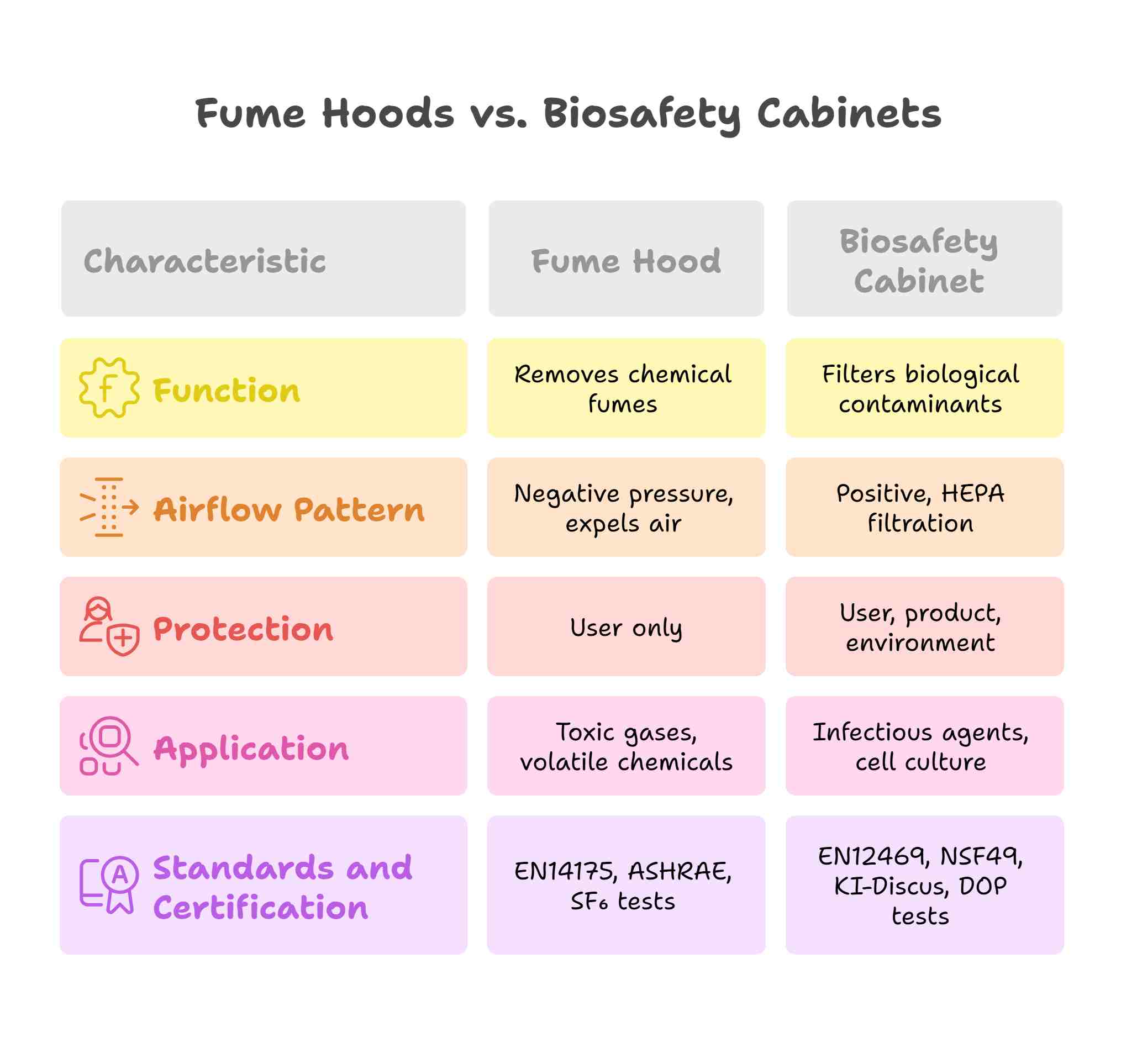
Fume Hood vs Biosafety Cabinet: 5 Key Differences You Must Know
Essential Differences Between Fume Hood vs Biosafety Cabinet When working in laboratories, choosing between a fume hood and a biosafety cabinet depends on what hazards you aim to control. Although they may look similar, their design, purpose, and protective features differ significantly. Let’s explore the key differences between a fume hood vs biosafety cabinet based…
-
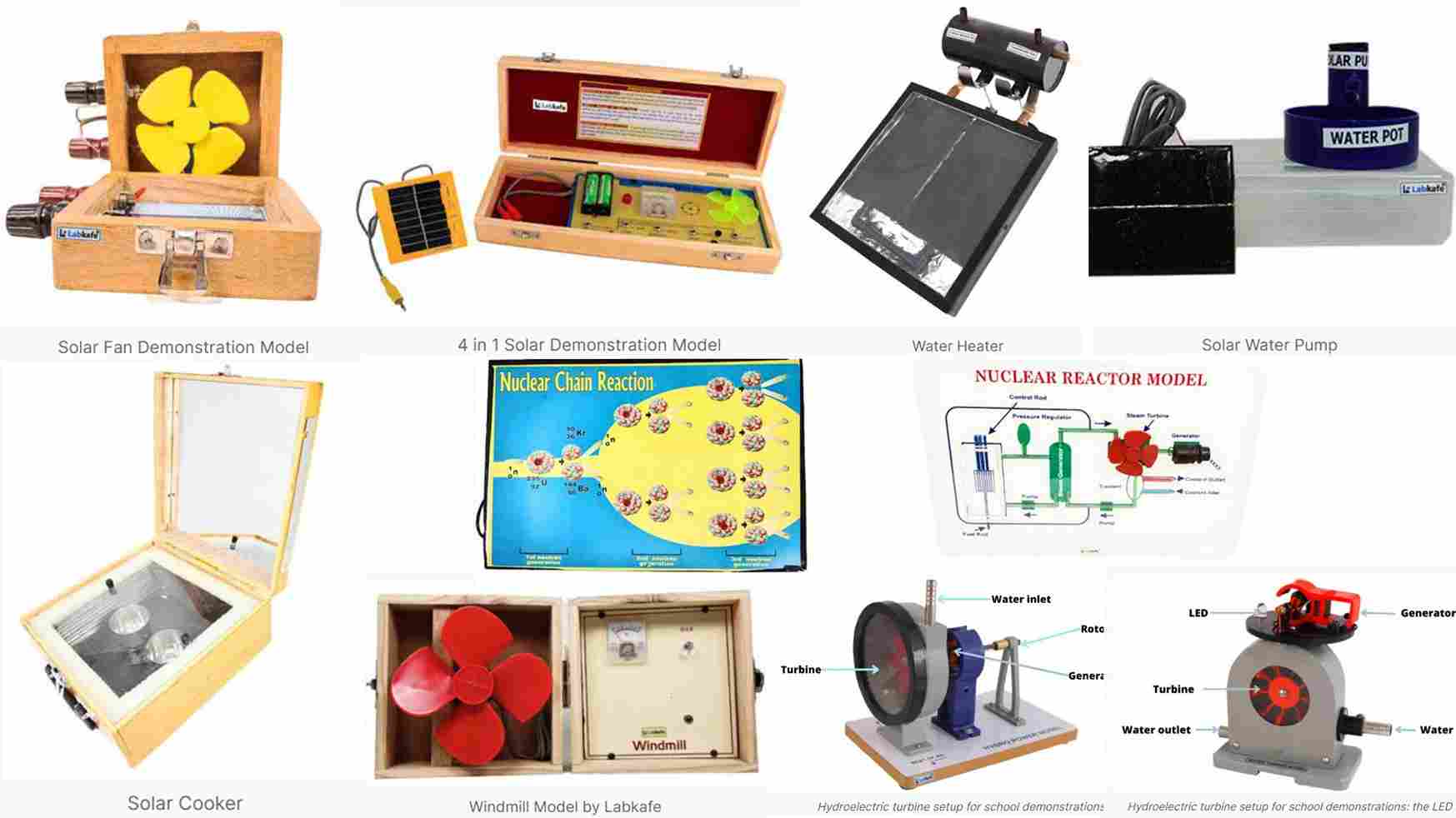
Top 10 Renewable Energy Models for Science Projects in 2025
10 Renewable Energy Working Models for School Projects & Teaching Demonstrations Renewable energy is the talk of the town ever since we learnt that global warming destroys the planet. But how many of us actually know what renewable energy is? We learn about solar, hydro, and wind power in class textbooks. But never visit a…
-
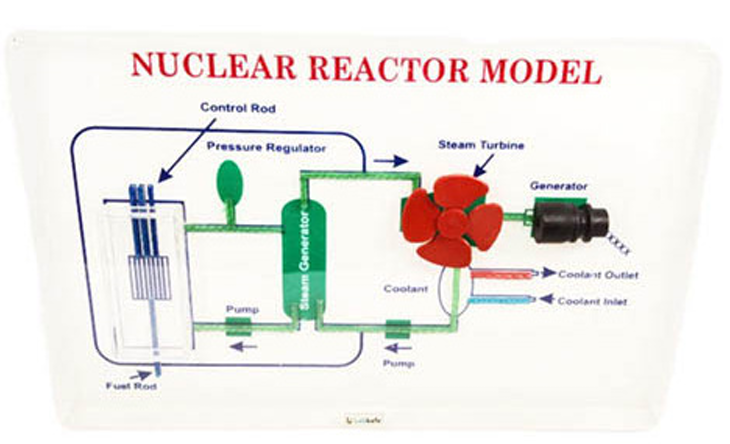
Nuclear Reactor Model for Teaching School Demonstrations
What is the Principle of a Nuclear Reactor Model? A nuclear reactor model demonstrates how a nuclear reactor controls the process of nuclear fission to generate heat. This heat converts water into steam, which then spins a turbine connected to a generator. As the turbine rotates, it produces electricity. This rotation of the turbine is…
-
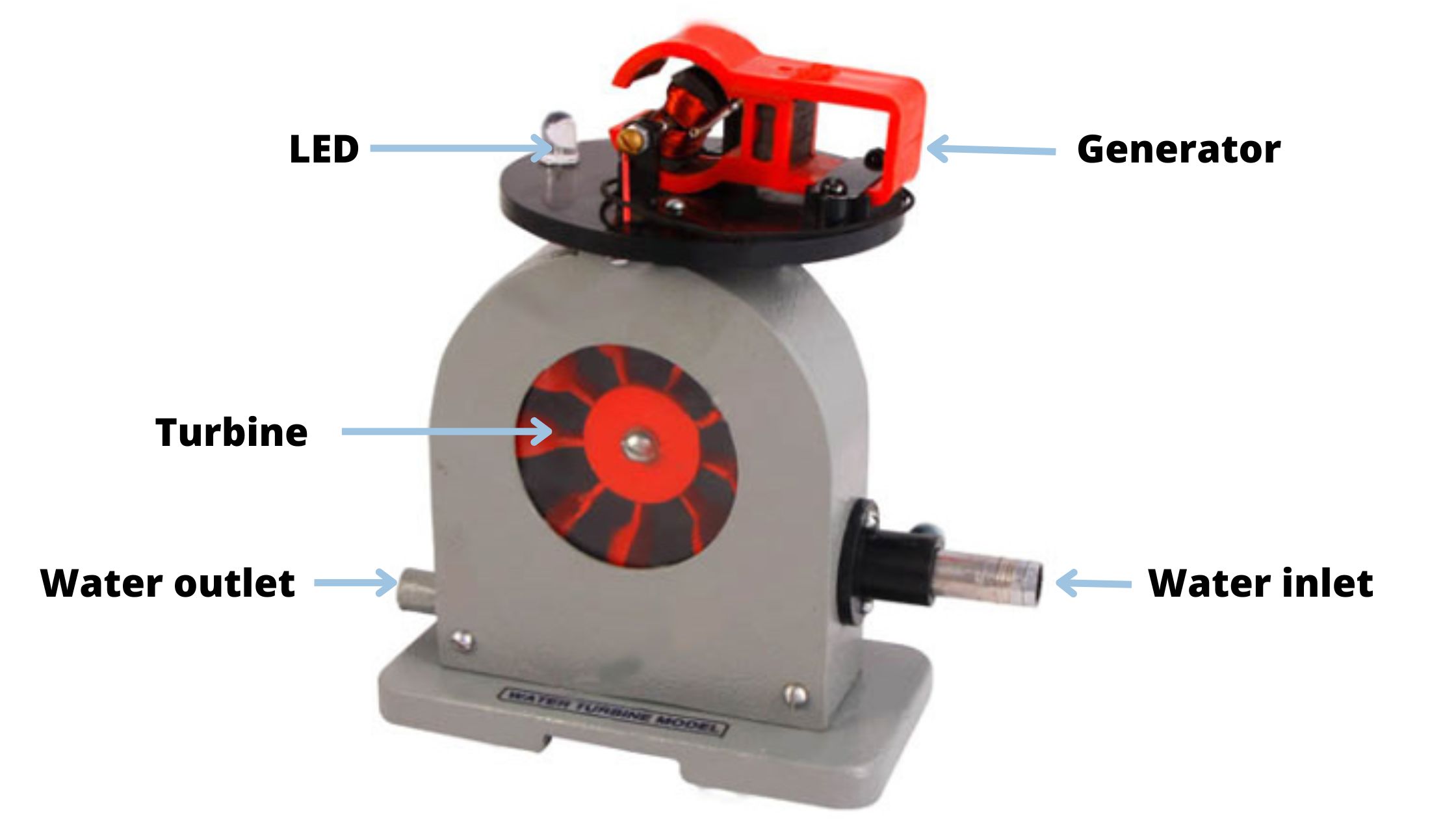
Hydropower Model: DIY Working Mini Hydroelectric Dam
Hydropower Models: Demonstrate Hydroelectricity Without a Field Trip What is Hydroelectric Power? Hydroelectric power, hydropower or hydroelectricity are synonymous, and represent the untapped energy contained within flowing water. This is in case of naturally flowing water found in streams, rivers and waterfalls. The hydropower model allows us to visualize this, as we will see shortly. How…
